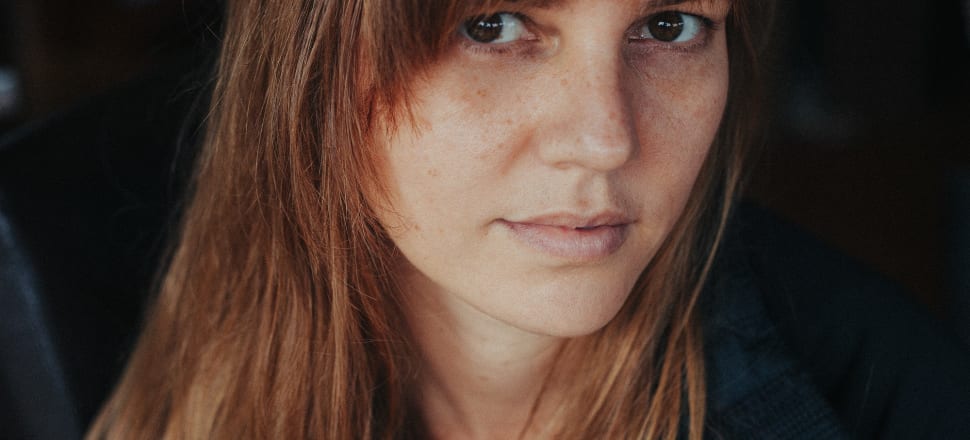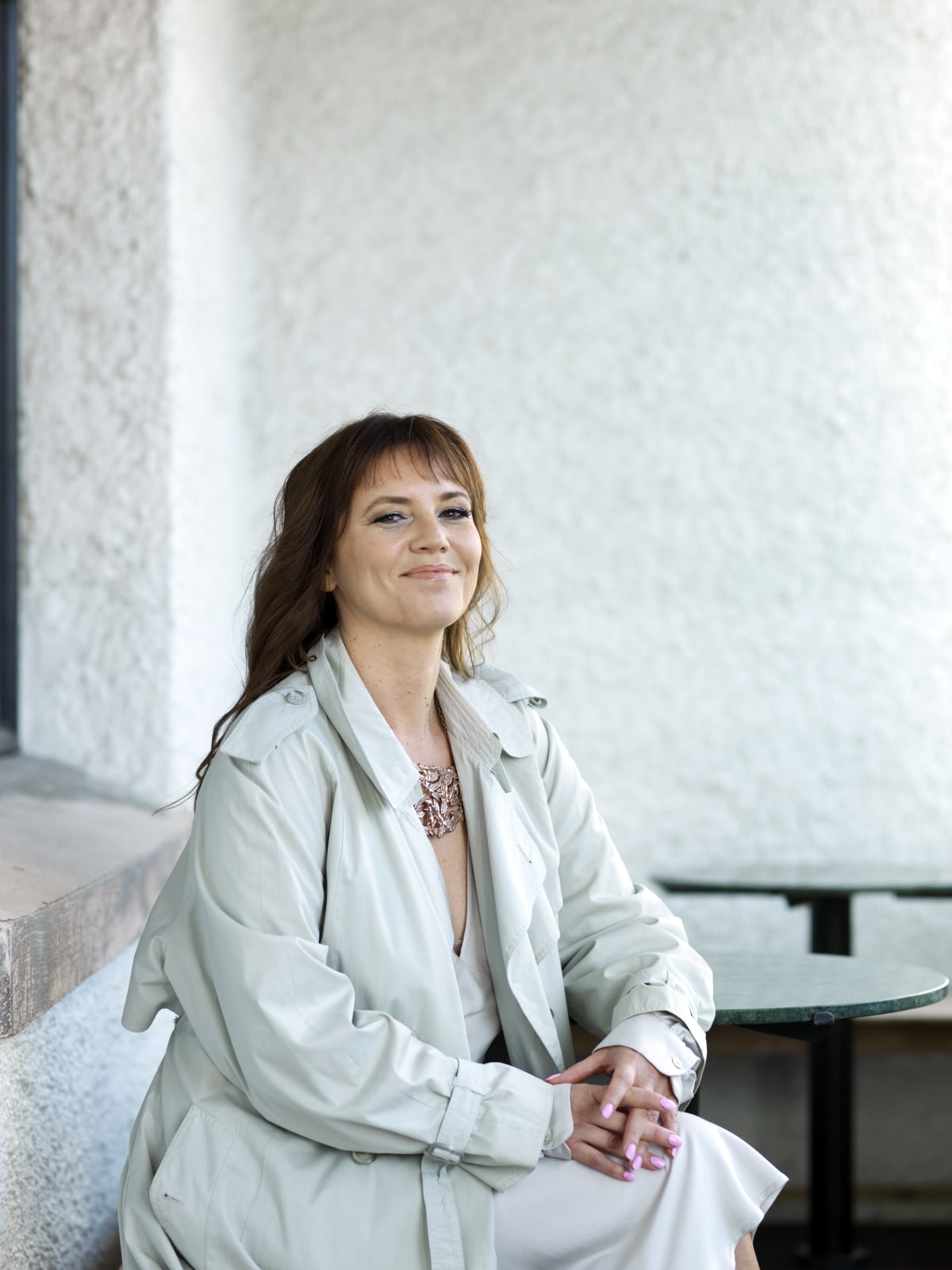
An honest kōrero with Hawke's Bay writer Shelley Burne-Field and author Colleen Maria Lenihan
Shelley: Kia ora e hoa,
We both did Te Papa Tupu, the mentoring programme run by the Māori Literature Trust. Now I’m doing the New Zealand Society of Authors mentoring programme. I’ve talked to a couple of dozen people over the years who have mixed reviews over mentoring programmes in general - some absolutely love it, some don’t get much out of it, and some think their experience was awful. One of the most debilitating things is when mentors are too busy, too distracted, and there's no personal connection.
My 2022 experience with NZSA and Cassie Hart is so so great. We really connect and she is simply amazing, compassionate, and knows her stuff. She’s really a skilled mentor. I’m getting the juice that I’ve always craved.
What are your thoughts about Te Papa Tupu and mentoring in general?
Ka kite anō e hoa. Shell
Colleen: Kia ora e hoa!
I know that mentor experiences can vary. I’ve been lucky - James George was my mentor on Te Papa Tupu, and I learned a lot from him. I felt like he really understood my work.
Having a mentor was invaluable, but it wasn’t perfect. Sometimes I became discouraged while waiting for feedback, and envied others who had more responsive mentors. Mentors are often very busy people with a lot going on, which I get, especially now as I juggle my fiction career with writing for TV full-time. But overall it was an immensely positive experience for me and I’m grateful for it.
Cassie Hart is awesome! We were on Te Papa Tupu together. I love her. She is wise, insightful, conscientious and empathetic; all great qualities in a mentor, and friend.
Mauri ora. Colleen
Shelley: Kia ora e hoa!
I think one of the most important things underpinning mentorships and really the entire structure or lack of it in the writing world is that in Aotearoa New Zealand the literary / writing world doesn’t seem to be supported well financially. Not in an All Blacks, Silver Ferns, Phar Lap kind of way. I mean, the Government has a Minister of Racing, just saying.
There are people who give back selflessly to the literary sector but at a rate that can't be sustained. I’d love to see a graph of the mountains of hours put in by anyone connected to the NZSA over the years, or the contribution of someone like Paula Morris. It would reach to the heavens. A lot of the hours are either unpaid or underpaid, and discounted or given freely with love. This includes mentorships.
Often I see new writers looking like little birds picking up crumbs here and there, going to workshops, signing up to mentorships, twittering along with their little bowls half empty, waiting for them to be filled. I’d rather see them fed up to the brim, to let their creative voices flow - unhindered. Just create the system to help all writers succeed already. What about young rangatahi in schools - where do they go?
Are you a member of the NZSA? Why / why not?

Colleen: Kia ora e hoa,
It took me a long time to finish my manuscript. I started it in 2016, and finished it last year. Short stories are a challenging form, and putting together a collection takes time. I did a class with George Saunders a few years ago, and when he was signing his book Lincoln in the Bardo, he asked me “Do you write novels or short stories?” When I replied the latter, he nodded sagely and said, “Good. They’re harder.”
I do belong to the NZSA. I let my membership lapse for a while (broke artist vibes), but I think it’s worthwhile for writers to belong. NZSA provides a lot of good information about opportunities as well as programs for members to submit to. How about you, are you a member?
Shelley: Kia ora e hoa ataahua!
A class with George Saunders? Rawe! I do belong to the NZSA. Last year at the Ahuriri Roadshow I met Kim Harris who was the Te Māngai Māori ki te Poari Representative on the NZSA board. I was blown away by her. I think I fell a little in love, and her presence and compassion made me want to become a member. For years - especially as I live in Hawke’s Bay, which can be, let’s face it, racist AF - I always felt a bit yuck and out of place at writer’s or readers groups. But seeing Kim’s beautiful brown face and experiencing her superior brain and mana I felt like there was a new and freshly ordained space for Māori and other brown writers. They have so many wonderful resources and supportive people, I feel a part of something. It rocks.
Short stories - I love them so much. I’ve always read NZ stories. Right from college. I still own a treasured falling apart copy of Pounamu Pounamu I borrowed from the school library in 1987 - you know, the one with the deep green cover. In 5th form I entered the local Herald Tribune short story comp and won. The story was about hair dye. For years I read Frank Sargeson, Katherine Mansfield, Janet Frame, Patricia Grace, Owen Marshall. Now I love Ruth Dallas - she sees things. And of course I discovered global greats: E A Poe, Eudora Whelty, Toni Morrison, Hemmingway, Chekhov, Gogol, Ray Bradbury, I am captivated by Stephen Crane, Rudyard Kipling - actually I have always had a thing for talking animals - a few of those stories are in my new collection, and my middle-grade novel still looking for a home is about warring talking kāhu and makipai.
I’ve always been a visual writer, because I grew up glued to a screen. Now that you’re screen writing for TV - congrats by the way! - does this help or hinder your creative stuff? What are you learning?
Colleen: Kia ora e kare,
The class with George Saunders was mind-blowing. It was part of the Auckland Writers Festival one year, and I love his short stories, they are so inventive and wonderfully strange. Tenth of December is a great collection. Also love Homesick For Another World by Ottessa Moshfegh, and short stories by Haruki Murakami, Somerset Maugham, Lorrie Moore, J. Salinger, Ian McEwen, John Cheever to name a few.
I discovered Pounamu Pounamu as a child and LOVED it. Yes, I remember the cover and the nannies playing cards - first time I’d read about Māori in fiction! It made a huge impression on me. I was introduced to Witi Ihimaera as a short story writer, but before I could tell him how much his stories impacted and inspired me, he said, “I used to write short stories - but then I grew up.” I think he was joking.

I highly recommend the New Yorker fiction monthly podcast - they have writers read short stories from the magazine’s archives and afterwards they analyse the story. It’s so interesting. Some of my faves on the podcast are "The Swimmer" by John Cheever, "Adams" by George Saunders (which I totally didn't get until I listened to the analysis), and "I Live on Your Visits" by Dorothy Parker.
I’m learning a huge amount in my job as a storyliner at Shortland Street. It’s pretty fun in the writers room. It’s also high pressure and stressful due to the relentless schedule. After we figure out the storylines for a week of episodes in marathon brainstorming sessions, we go away and storyline an ep each, every week. The storyline is the blueprint for a script writer, who writes their script which is the blueprint for the director and actors. Storylining is a particular set of skills - you have to be able to pick up the prescriptive writing style very quickly and pitch ideas and solutions to story problems. The writing part I got pretty fast but the latter is something I’m working on. I’m quite shy and find it tricky speaking up at meetings, though I’m slowly gaining more confidence.
For sure this experience will inform future fiction writing, I’m keen to write a novel applying the screenwriting principles I’ve learned. I’m hoping it will help me write a page-turner, so I can make some money, lol.
Aside from short stories, do you have any inclination to try other forms?
Shelley: Kia ora e hoa ataahua!
I took a script-writing paper at Massey in 2000 with Craig Harrison who wrote The Quiet Earth in the 1980s. He was a hard taskmaster. I was so scared of him - just in awe really. I wrote a 30-page script Shooting Legends about mutant chickens…It was 2000, lol.
Bahahahaaa I can’t do pressure at this stage of my life - I’m all for going bra-less, wearing Hush Puppy shoes, and bed socks. Comfort first.
I want to write short stories. I also like children’s fiction - adventure and fantasy - and I have a novella I’m pitching to the Piki Pitch soon, so we’ll see how that goes. And I also have a couple of novel ideas for adults - one of them is called Jandals and the other Speckled because a kaumatua once told me that we’re all "speckled potatoes", you know, brown and white, and all our ‘race’ problems in the future will be solved in the bedroom. I believe him.
How do you handle your speckled-ness?
Colleen: Kia ora e hoa!
Speckled kumara eh, that’s a cute image. There’s been a lot of kōrero about colourism on Māori Twitter lately and much of it quite heated and understandably so. I guess the way I handle being a white-passing Māori is by keeping quiet and listening. I’m aware of my privilege and know I’m very lucky to not experience prejudice because of my skin colour. I also recognise acknowledging having white privilege doesn’t at all negate my whakapapa or mamae, and at least I don’t have to deal with racism restricting my movements in the world. Brown whānau have it far worse, for sure and need our support and to be listened to. I’m also reluctant to criticise other Māori for their stance on this as I don’t want to whakaiti anyone. I do have opinions about certain things that I apply to my own behaviour. For example, and this might seem minor, I’d never use a brown emoji to describe myself online. That’s an experience I can’t claim. I look and present as white, although I’m Māori. I’m also predominately Irish on my Pākehā side (Colleen Lenihan is about an Irish name as you can get) and very proud of that heritage. There’s some English (boo, lol) and French too. Also some Chinese on my Mum’s side which I only discovered recently and want to learn more about.
You'd be awesome at writing dialogue – I love what I’ve read in your short stories. If you’re interested in script writing, let me know. I’d love to help other Māori break into that. It differs from storylining as you can write it from home e hoa! Bra-less, bed socks n’ all!
Love your work, e hoa. Manaakitanga,
Colleen. The very, very good short story collection Kōhine by Colleen Maria Lenihan (Huia, $25) is available in bookstores nationwide. ReadingRoom is devoting all week to the author and her book. Yesterday: a self-portrait. Tomorrow: Kōhine is reviewed by Anna Rankin







